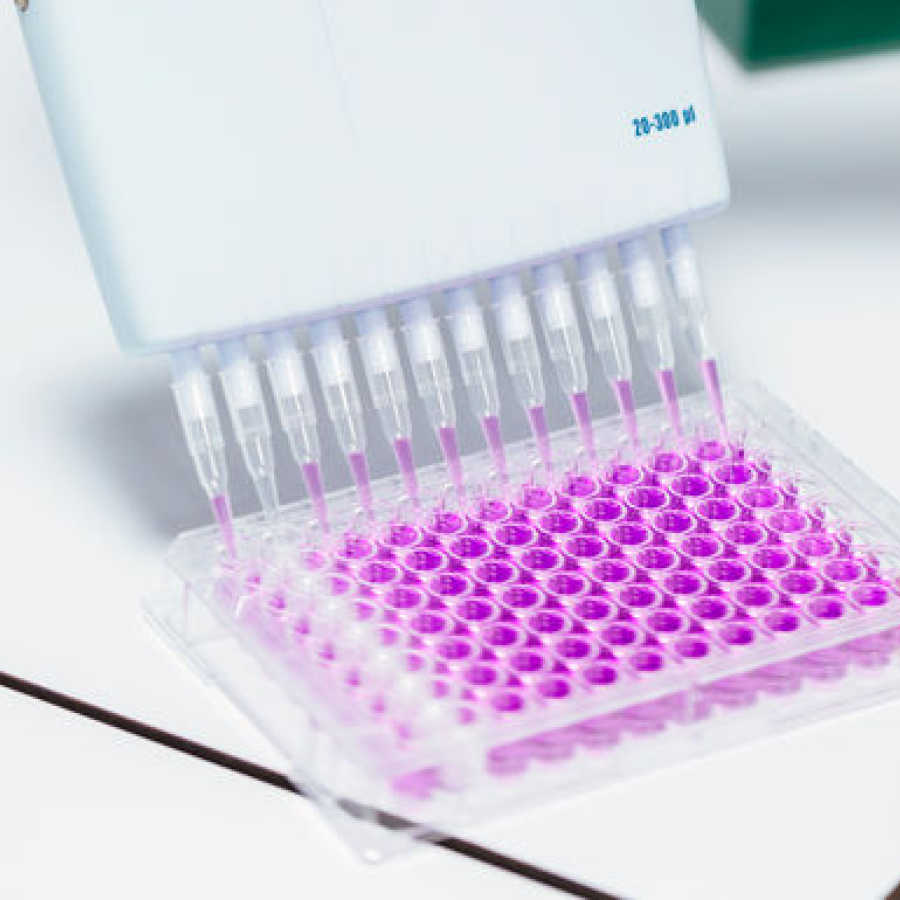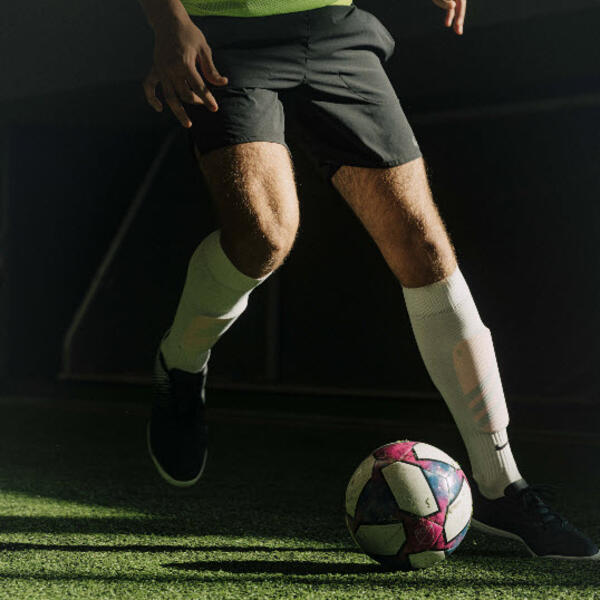Releases
WADA revokes approval of Moscow Laboratory

Yesterday, by way of circulatory vote, the World Anti-Doping Agency’s (WADA’s) Executive Committee (ExCo) endorsed a WADA Disciplinary Committee recommendation to revoke the ‘approved’ status of the National Anti-Doping Laboratory (MSU) in Moscow (Moscow Laboratory) to carry out blood sample analysis exclusively for the purpose of the Athlete Biological Passport (ABP), due to non-compliances with the International Standard for Laboratories (ISL) and its Code of Ethics.
The Moscow Laboratory, which was already provisionally suspended since January 2020, was immediately notified of the ExCo decision; and, as such, remains ineligible to carry out any work related to the analysis of blood samples in connection with the ABP or any other form of anti-doping analysis for Anti-Doping Organizations that are compliant with the World Anti-Doping Code (Code).
Pursuant to Article 13.7 of the Code, the Laboratory may appeal the decision to the Court of Arbitration for Sport within 21 days of its receipt of the decision.
Background
On 21 January 2020, the WADA Laboratory Expert Advisory Group (LabEAG) made a recommendation to the Chair of the ExCo, Witold Bańka, to impose a provisional suspension in application of the ISL. Mr. Bańka imposed the provisional suspension with immediate effect. Under the terms of the ISL, a Disciplinary Committee was subsequently mandated to make a recommendation to the ExCo regarding the status of the laboratory’s ABP approval.
This step was taken in light of the ExCo decision of 9 December 2019 that the Russian Anti-Doping Agency (RUSADA) again be declared non-compliant with the World Anti-Doping Code due to the discovery by WADA of manipulation of some of the data extracted from the Moscow Laboratory in January 2019, in breach of the conditions of RUSADA’s reinstatement in September 2018. The LabEAG considered the intentional alteration and deletion of laboratory data prior to and during the time it was being forensically copied by WADA as a serious violation of the Code of Ethics of the ISL based on the findings of WADA’s Intelligence and Investigation Department's Final Report to the CRC regarding the Moscow Data.
On 17 March 2020, the Disciplinary Committee informed the parties of its intention to stay the revocation proceedings until a decision was rendered in the Court of Arbitration for Sport (CAS) case of WADA v. RUSADA (CAS 2020/O/6689) (CAS Decision), as requested by both Parties. On 17 December 2020, CAS rendered its arbitration award in the above-referenced case. As a result, on 13 January 2021, WADA requested to reopen the revocation disciplinary proceedings. Based on the documents provided by the parties, the Disciplinary Committee determined that the Laboratory personnel’s manipulation of data was “detrimental to the anti-doping program” as provided for in the ISL’s Code of Ethics and that the intentional manipulation of data was a serious violation which justified revocation.
WADA is responsible for accrediting anti-doping laboratories and for approving laboratories for the ABP, thereby ensuring that they maintain the highest quality standards. When a laboratory does not meet ISL requirements, WADA may decide to suspend or revoke the laboratory’s accreditation or ABP approval. This monitoring role is conducted in conjunction with ISO/IEC 17025 assessment by independent national accreditation bodies that are full members of the International Laboratory Accreditation Cooperation (ILAC) and signatories to the ILAC Mutual Recognition Arrangement (ILAC MRA).
As stipulated within the ISL, this decision is hereby communicated to all relevant national public authorities; national accreditation bodies; National Anti-Doping Organizations; National Olympic Committees; International Federations and the International Olympic Committee.
The full list of accredited and ABP-approved laboratories can be found on WADA’s website.

